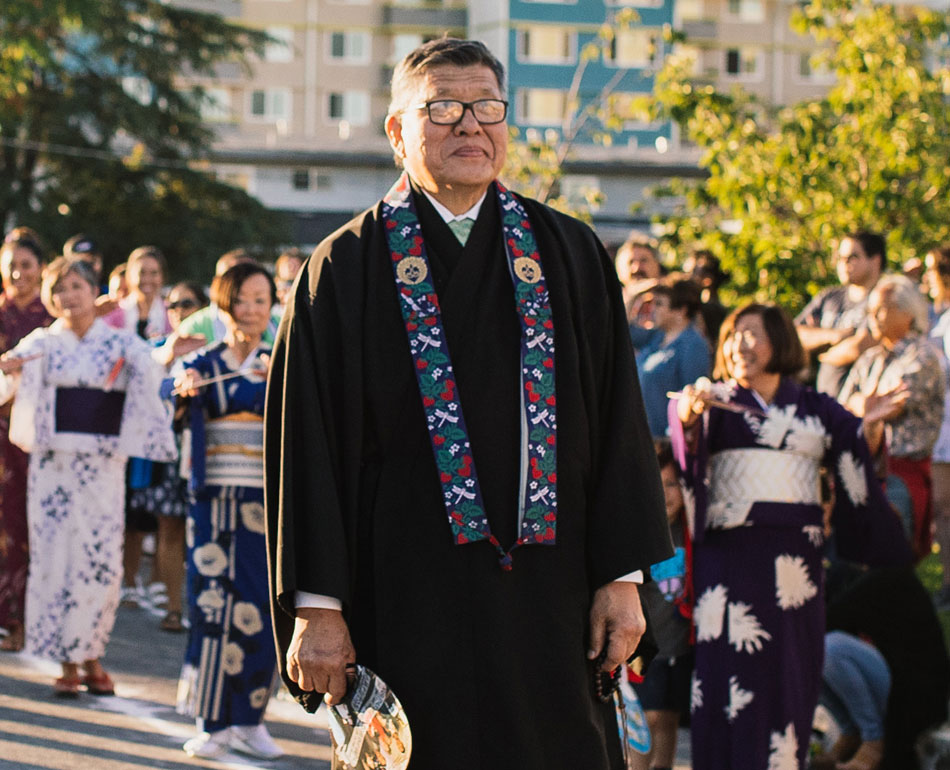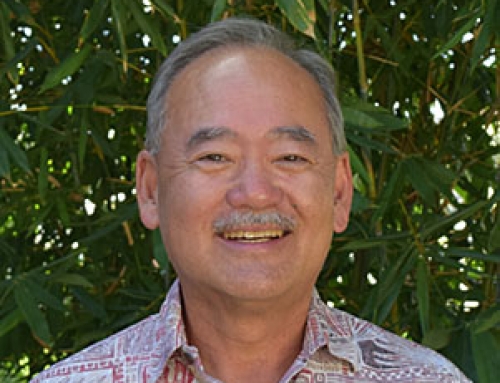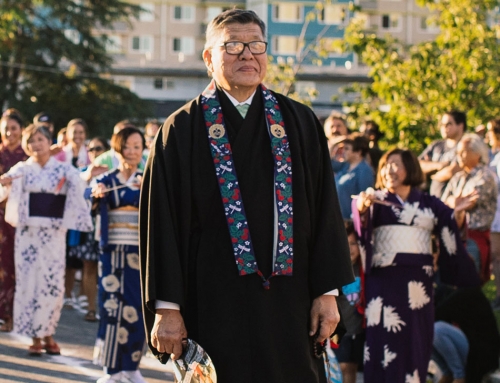The transition from quarantine to in-person life continues to challenge our experience of settledness. We look forward to in-person interactions while hopefully mindful of how our behavior will affect others. In this time of transition the basis of decisions can feel fluid and uncertain and yet we continue through the uncertainty being as responsible as we can.
We make these decisions based on our best understanding of circumstances and information we have. We trust that the work of others is reliable. For most of us we do not have access to original data. Even if I had the studies that inform the recommendations I know I would not be able to evaluate what I would be looking at. I have to rely on the work of others.
How do we know if what we trust in is reliable? The politics of our time seems to demonstrate the extreme uncertainty of information. The information that is relied upon is shared by millions of people on both sides. If the two views of a disagreement are mutually exclusive then one view may not align with reality. It would seem that determining what was true would, in the end, be apparent to everyone. However things are not always so simple and determining what is accurate can become more confusing and convoluted. Even as one view begins to emerge as aligning closer to reality those holding the opposing view may become more deeply entrenched. It does not matter which side of an argument you’re on, your beliefs will influence how you respond.
Devadata was a cousin of Shakyamuni Buddha. He did not like being overshadowed by the Buddha’s stature in the Sangha so he sought ways to undermine Shakyamuni. The story of Rajagriha is at its base Devadata’s greed for power. In his quest to rise above Shakyamuni he cultivated the support of Ajatasatru who was prince of Magada. His father was king Bimbisara who was a supporter of Shakyamuni. Devadata was able to convince Ajatasatru that his parents attempted to kill him soon after his birth. With this lie of Devadata, Ajatasatru killed his father and imprisoned his mother. Should Ajatasatru have known better? His own advisors barely convinced him not to kill his mother because it would conflict with the long custom of sons killing fathers to usurp the throne but never mothers.
In Shinran’s time he sent his son Zenran to the Kanto region to help guide the followers there. As things began to get more complicated Zenran asserted the claim that he had received secret teachings from his father that gave him special authority. As reports of this behavior began to reach Shinran he of course said there were no secret teachings and that Zenran must stop misinforming everyone. Zenran disregarded his father’s requests. Eventually, Shinran disowned Zenran in order to clear up any misunderstanding.
Certainty of information or misinformation is not new. Whether intentional or not, perceiving what is can be challenging. Our inability to distinguish between what is and what is not and our tendencies to see things through our preferences often leads to difficulties. If we can begin to acknowledge this behavior we can perhaps begin to look more openly at our assumptions and conclusions we use to navigate the world.




